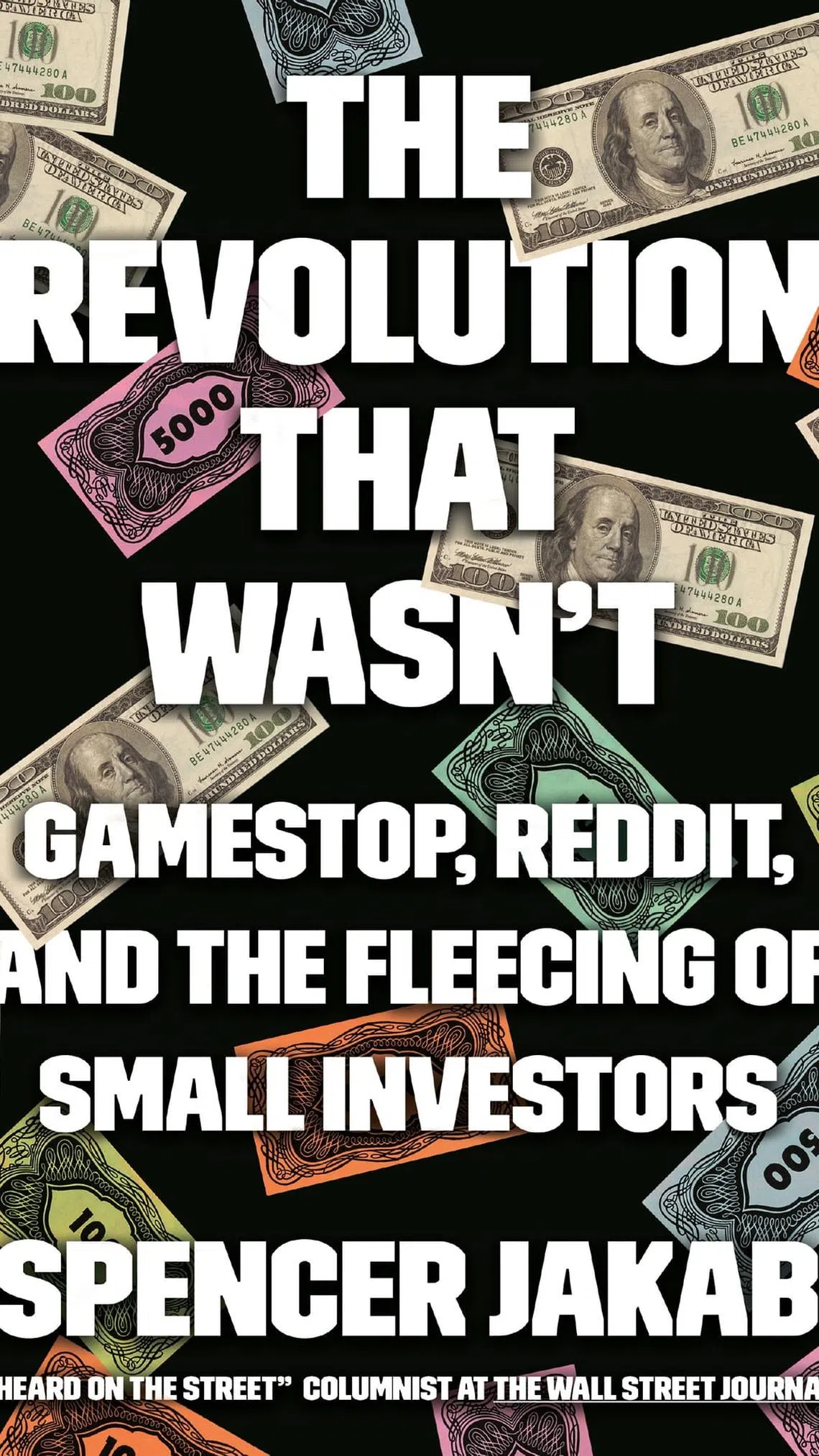Book review: The revolution that wasn’t
Did small investors win during the GameStop short squeeze? No, argues author Spencer Jakab in his book
IN “THE Revolution That Wasn’t: GameStop, Reddit, and the Fleecing of Small Investors’‘, Spencer Jakab, current editor for the Wall Street Journal and former stock analyst at Credit Suisse, describes the real winners and losers in the 2021 GameStop short squeeze. They are not the winners and losers we’ve been led to believe. He takes us through the fascinating events that led to the short squeeze and explains how financial and technological mechanisms such as Robinhood’s “free” trading app made it possible.
The financial media described it as a watershed moment when power was placed back in the hands of ordinary retail investors. Despite Wall Street trumpeting the “democratisation of finance” however, Jakab argues that it is still Wall Street, not the everyday retail investor, who is the ultimate winner in the meme-stock revolution.

The class of investors that became the primary target of intense scorn on WallStreetBets was the short sellers, who may have taken a permanent hit. Because short squeezes can now be facilitated on social media, it has become risker for portfolio managers and traders to take on short positions. Short sellers now know they can be “ganged up on” by a motley crew of retail traders. This development will likely reduce short interest in the future. And because short positions play a critical role in maintaining price efficiency, a reduction in short interest will likely lead to more bubbles in the future — bubbles in which the most likely buyers will be everyday retail investors.
Decoding Asia newsletter: your guide to navigating Asia in a new global order. Sign up here to get Decoding Asia newsletter. Delivered to your inbox. Free.
Share with us your feedback on BT's products and services
